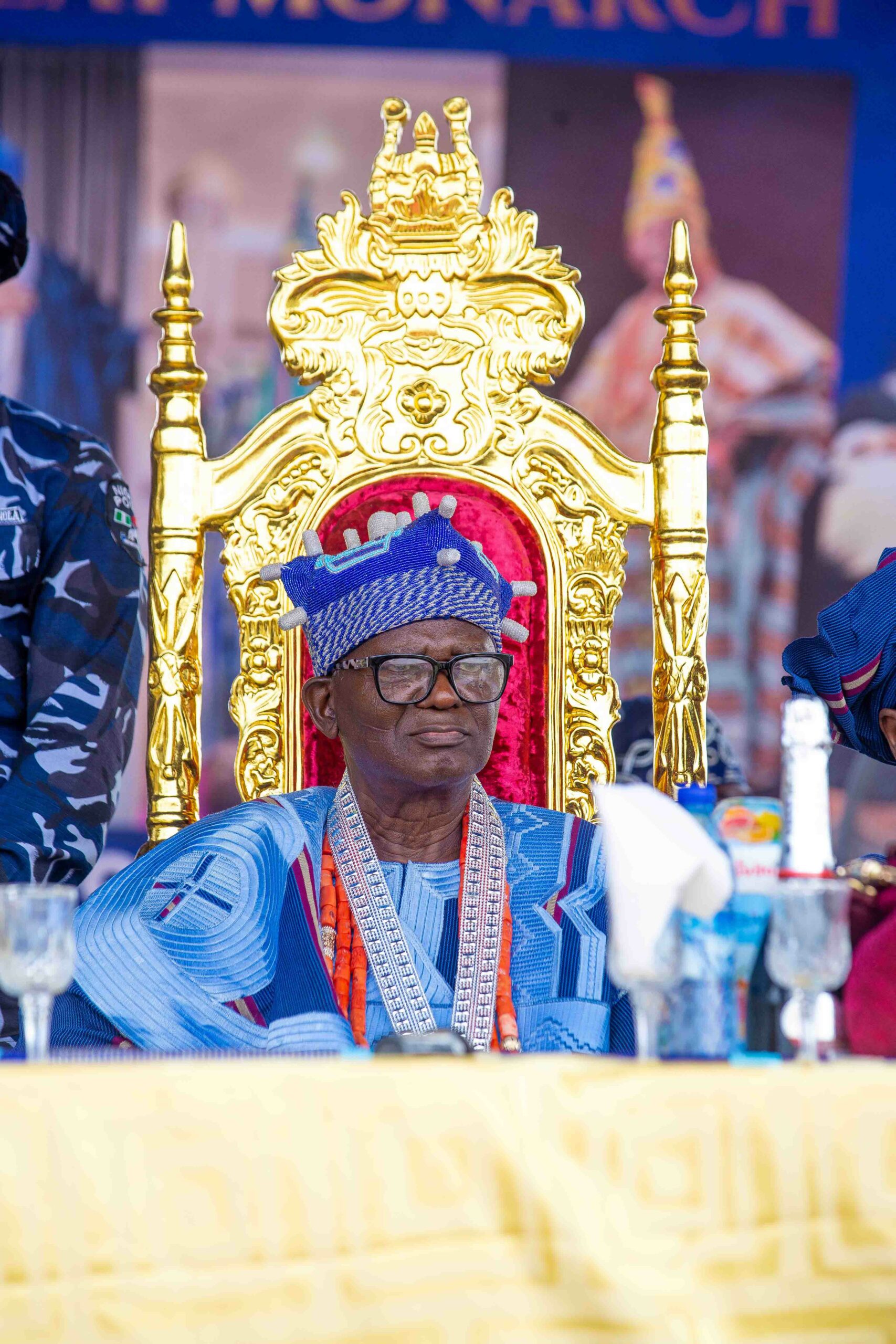JUMAT SERMON: Shirk


By Imaam Muhammad Abdulalimi
ALL praise is due to Allaah, and may His peace and blessings be upon the final Messenger, His pure family, noble companions, and all those who follow them with righteousness until the Day of Judgment.
Shirk (“making a partner [of someone]), in Islam, is idolatry, polytheism, and the association of Allaah with other deities.
It is essential to mention here some details of the greatest sin which will not be forgiven by Allaah Almighty. This unpardonable sin is Shirk.
Shirk implies ascribing partners to Allaah, ascribing divine attributes to others besides Allaah Almighty and believing that the source of power, harm and blessings comes from others besides Allaah.
Islamic scripture stresses in many verses that Allaah Almighty does not share his powers with any partner.
Qur’an 4:48 says: “Indeed, Allah does not forgive association with Him, but He forgives what is less than that for whom He wills. And he who associates others with Allah has certainly fabricated a tremendous sin.”
Allaah also says in Qur’an 23: 101-108: “And then no sooner the Trumpet is blown than there will remain no kinship among them that Day, nor will they ask one another. It will be an Hour when those whose scales are heavy, they alone will attain success; and those whose scales are light, those will be the ones who will have courted loss. They will abide in Hell. The Fire shall scorch their faces, exposing their jaws. “Are you not those to whom My revelations were recited, and you dubbed them as lies?” They will say: “Our Lord! Our misfortune prevailed over us. We were indeed an erring people. Our Lord! Take us out of this. Then if we revert (to evil-doing) we shall indeed be wrongdoers.” Allah will say: “Away from Me; stay where you are and do not address Me.
Verse 117 of Qur’an 23 reads: “And whoever invokes besides Allah another deity for which he has no proof – then his account is only with his Lord. Indeed, the disbelievers will not succeed.”
Other verses for this sermon include Qur’an 23 verse 117 and 18 verse 102-110.
The Qur’an warns those who believe their idols will intercede for them that they, together with the idols, will become fuel for hellfire on the Day of Judgment (21:98). “Indeed, you (disbelievers) and what you worship other than Allah are the firewood of Hell. You will be coming to (enter) it.”
The great majority of mushrikuun (polytheists) in the Prophet’s time were those who had never become Muslims; thus, the words of the Qur’an were addressed not to Muslims with the intention of keeping them firm in their faith but rather to non-Muslim Arabs.
In fiqh (Islamic jurisprudence), shirk became legally equivalent to kufr (unbelief). Those Muslims who profess it are considered outlaws who should be ousted from the Muslim community; all their legal rights are suspended until they denounce their polytheistic beliefs.
Shirk, however, received considerable extension of meaning throughout the dogmatic development of Islam. It did not remain simply a term for the idolatry prevailing outside Islam but came to be used as the opposite of Tawheed (the oneness of Allaah Almighty) and became synonymous with any belief or practice rejected by a particular sect.
Different grades of shirk have been distinguished, apart from pure and blatant polytheism. There is shirk al-ʿAadah (“shirk of custom”), which includes all superstitions, such as the belief in omens and the seeking of help from soothsayers.
Shirk al-ʿibaadah (“shirk of worship”) is manifested in the belief in the powers of created things—e.g., the reverencing of saints, kissing holy stones, and praying at the grave of a holy man.
There is shirk al-ʿilm (“shirk of knowledge”)—e.g., to credit anyone, such as astrologers or interpreters of dreams, with knowledge of the future.
All these types of shirk, among them are shirk Sagheer (“minor shirk”) and shirk Kabeer (“major Shirk).
May Allaah Almighty make this sermon a beneficial one for me, the writer, the readers, and the entire Muslims. And our last prayer, is praise be to Allaah Almighty, Lord of the worlds
- Sheik Muhammad Abdulalimi, is the Mudiru Ad-Da’wah Wal-Irshad, Obaagun, State of Osun










